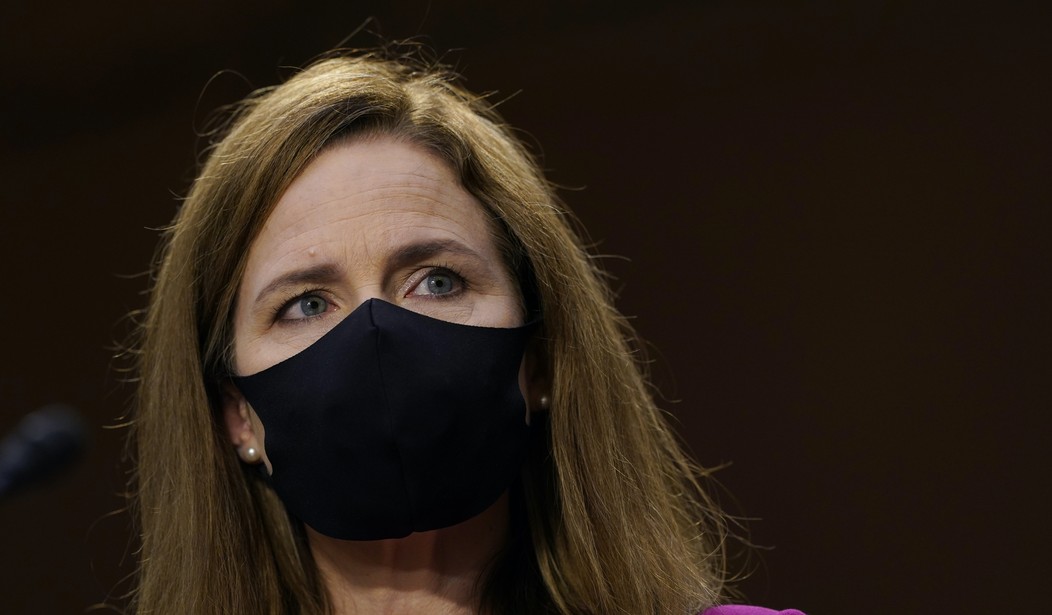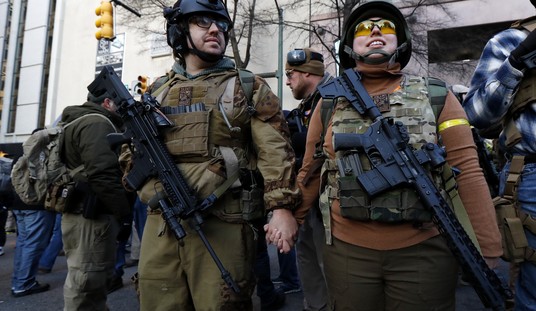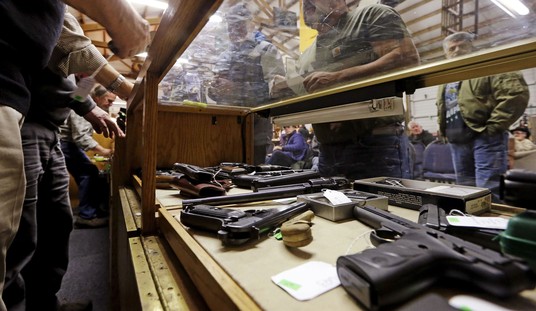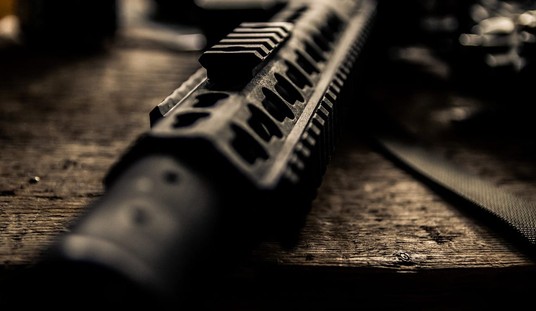Anti-gun senators like Dick Durbin of Illinois and California’s Dianne Feinstein spent Tuesday morning doing all they could to portray Judge Amy Coney Barrett as a judicial extremist and activist judge when it comes to the Second Amendment as Barrett’s Supreme Court confirmation hearings entered the question and answer phase. Durbin in particular tried to hammer Barrett on her dissent in a case called Kanter vs. Barr, in which Barrett argued that a felony conviction for a non-violent crime shouldn’t automatically result in a lifetime loss of the right to keep and bear arms.
Durbin accused Barrett of a double standard when it comes to the restoration of rights; okay with Rickey Kanter “buying an AK-47,” but opposed to Kanter regaining his right to vote. It’s a gross misreading of both Barrett’s opinion in the Kanter case, as well as the Constitution itself.
First, as Barrett herself explained to Durbin, the Kanter case didn’t involve his right to vote, so she never actually offered her opinion on restoring felons’ voting rights. Additionally, as law professor Jonathan Turley pointed out on Fox News shortly after the exchange between Durbin and Barrett, we’re talking about two different parts of the Constitution. Guidelines on voter eligibility and who can exercise the right to vote are left up to the various states, and there are many different rules depending on what state you’re looking at. The Fourteenth Amendment does note that the right to vote cannot be abridged “except for participation in rebellion, or other crime“, but still makes it clear that states are the ultimate arbiters of who can cast a ballot on Election Day.
George Washington University law professor @JonathanTurley highlights and explains a key point, one that “probably escaped many,” made by Judge Amy Coney Barrett during her exchange with Sen. Dick Durbin over her dissenting opinion in Kantor v. Barr. pic.twitter.com/SwOuVcrxli
— Townhall.com (@townhallcom) October 13, 2020
The right to keep and bear arms, on the other hand, is an individual right that is protected, but not established by the Constitution, and there’s nothing in the Second Amendment that talks about prohibiting the right to vote for those convicted of crimes. As Barrett wrote in her dissent in Kanter:
While scholars have not identified eighteenth or nineteenth century laws depriving felons of the right to bear arms, history does show that felons could be disqualified from exercising certain rights—like the rights to vote and serve on juries—because these rights belonged only to virtuous citizens.
Some maintain that the right to bear arms is similarly limited by a virtue requirement. On this view, the legislature can disarm felons because of their poor character, without regard to whether they are dangerous.
The problem with this argument is that virtue exclusions are associated with civic rights—individual rights that “require[] citizens to act in a collective manner for distinctly public purposes.”
For example, the right to vote is held by individuals, but they do not exercise it solely for their own sake; rather, they cast votes as part of the collective enterprise of self-governance. Similarly, individuals do not serve on juries for their own sake, but as part of the collective enterprise of administering justice. Some scholars have characterized the right to keep and bear arms as a civic right, because it was “one exercised by citizens, not individuals …, who act together in a collective manner, for a distinctly public purpose: participation in a well regulated militia.”…
Heller, however, expressly rejects the argument that the Second Amendment protects a purely civic right. It squarely holds that “the Second Amendment confer[s] an individual right to keep and bear arms,” and it emphasizes that the Second Amendment is rooted in the individual’s right to defend himself—not in his right to serve in a well-regulated militia. The “civic rights” approach runs headlong into both propositions.
Barrett defended herself capably from Durbin’s attack on her judicial reasoning during the confirmation hearing, and it was Durbin himself who ended up looking foolish. The Illinois senator and supposed champion of criminal justice reform actually argued that that non-violent felons should suffer a permanent loss of their Second Amendment rights because they have a “propensity” to commit a violent crime in the future.
Amy Coney Barrett would allow non-violent felons to regain their Second Amendment rights, while Dick Durbin would consider them guilty of pre-crime. Barrett’s views can be found within the text of the Constitution itself, but if you want to find Durbin’s point of view, you’ll have to read Phillip K. Dick’s “The Minority Report” instead.









Join the conversation as a VIP Member